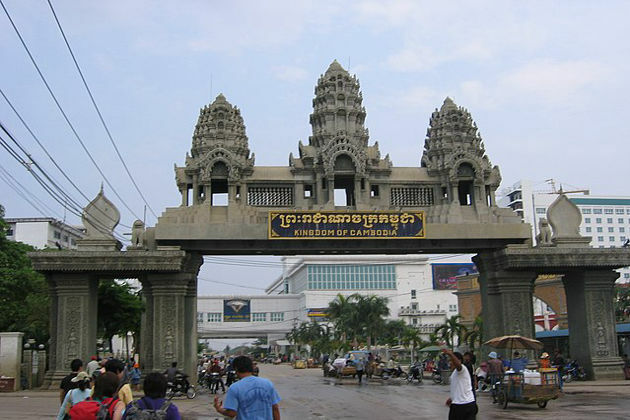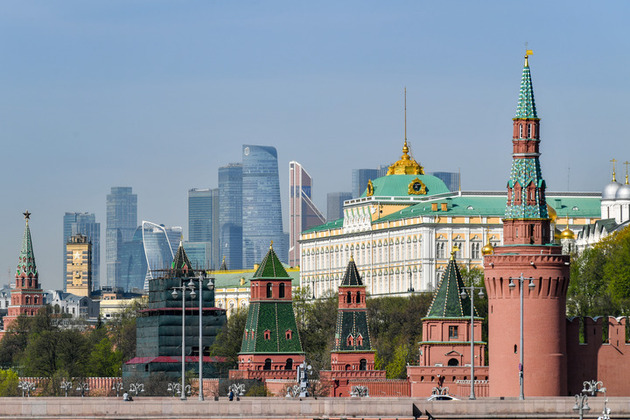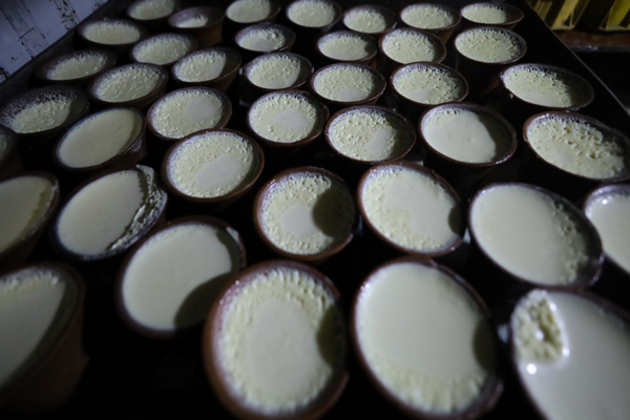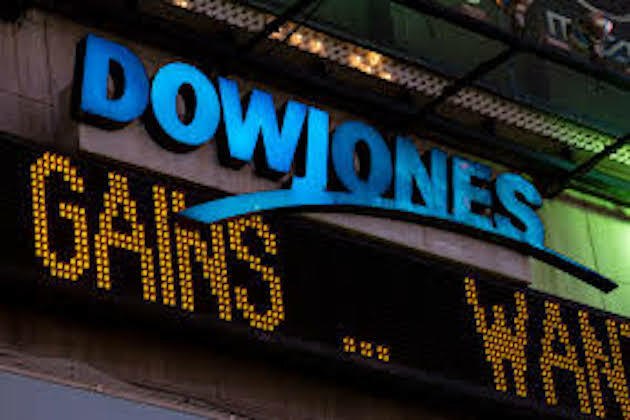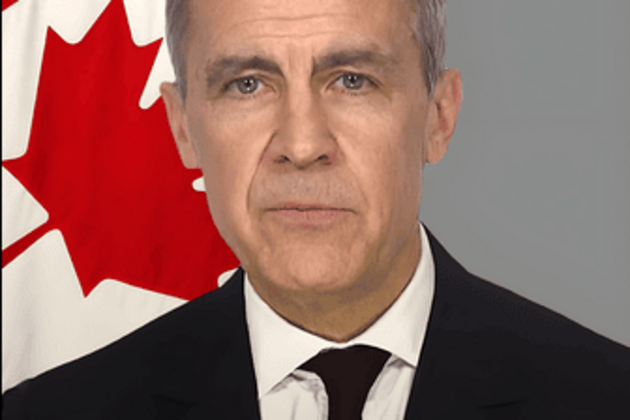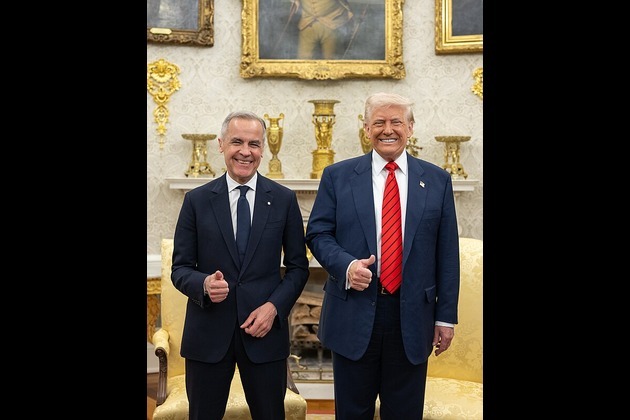Kenya's fuel crisis: how the country's subsidy system works
The Conversation
14 May 2022, 14:10 GMT+10
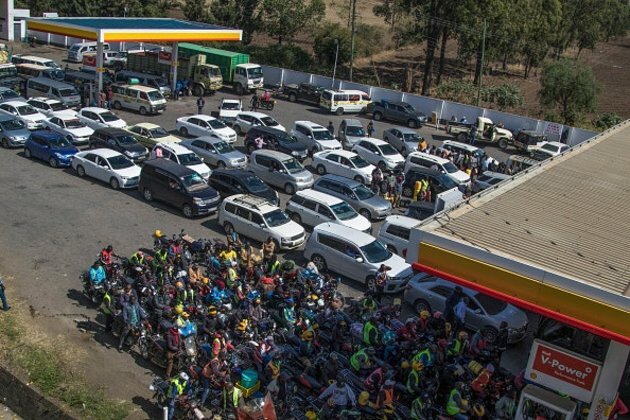
Oil is an essential commodity for Kenya's transport and industrial production, electricity generation and water provision. In 2008, as the world grappled with high oil prices, Kenya introduced price controls to cushion the blow for its citizens. The controls worked for over 10 years. But, since the start of April, there have been intermittent fuel shortages in the country. Job Omagwa has studied oil marketing and price controls in Kenya. We asked him to unpack the current fuel shortage.
How does Kenya get its fuel?
Kenya, like most of its East African neighbours, depends on imported refined petroleum products (petrol, diesel, jet fuel and kerosene) mainly from the Middle East. Oil marketing companies are the importers. The state estimates demand for the next import cycle and issues an open tender for the supply of petrol, diesel and kerosene.
Official records show that in 2021 the country imported 6.149 million litres of refined petroleum worth US$3.48 billion. The imports came mainly from the United Arab Emirates (US$ 1.41bn) and Saudi Arabia (US$1.14bn). Other sources included India, the Netherlands and Kuwait.
The tender is only open to the country's 93 oil marketing companies. The winner orders the products, which it stores and distributes via the network of the state-owned Kenya Pipeline Company to other marketers, according to demand quotas.
The established marketers do not have a countrywide reach. Smaller players have cropped up to fill that gap. These small retailers get their fuel from the established oil marketers.
How are the oil prices set?
Kenya has an oligopolistic petroleum market structure. A few big firms are able to influence prices. In Kenya, about four marketers can influence prices.
The government implemented a maximum price cap in 2011. It did this because marketers had raised the price of fuel in response to increases in international crude oil prices between 2007 and 2008, but didn't reverse them when international prices fell at the end of 2008.
The price cap is managed by the Energy and Petroleum Regulatory Authority. It sets maximum pump prices every 14th day of the month for various towns and cities in Kenya. The regulatory price takes care of the international crude oil cost, exchange rate, transport, storage and the marketer's margin.
But the actual retail prices are set by individual firms based on their unique circumstances. These cannot exceed the regulator's caps.
What is the stabilisation fund and how does it work?
The stabilisation fund was envisaged in Kenya's price control policy, right from the start, as a mechanism for cushioning the economy when global crude prices skyrocketed.
The fund became operational in 2021. It is meant to cushion consumers from unpredictable swings in global oil prices.
In particular, the fund was to remain operational as long as international crude oil prices rose above US$50 per barrel. By early 2021, international crude oil prices had risen to $55 per barrel. From each litre of petrol and diesel sold by oil marketing firms, KSh 5.40 would go towards the stabilisation fund.
Without the fund, the forces of demand and supply would push retail prices beyond the regulatory caps, making the business untenable for oil marketers. In its absence, a litre of petrol currently retailing at KSh 142 in Nairobi would, for instance, be going for about KSh 173.
Compensation from the fund to oil marketing firms is based on a certain percentage of their respective fuel costs. Since the fund became fully operational in April 2021, the government has paid oil marketers a total of KSh 49.164 billion.
Why the fuel shortage now?
The shortages were initially attributed by the Energy and Petroleum Regulatory Authority to hoarding by the oil market companies in anticipation of higher international prices. This is because the established marketers had stopped supplying fuel to small retailers at the countryside, prompting consumers to crowd nearby towns.
But the government later accused the four major oil marketers of economic sabotage. There have also been claims by the petroleum ministry that the four big oil marketers exported some of their stock to neighbouring countries.
However, the problem is that the stabilisation fund had not paid oil marketers for some time. By early April, the government had accumulated KSh 13 billion in unpaid fuel subsidies.
Despite approval of the release of KSh 34.44bn by President Uhuru Kenyatta to replenish the fuel stabilisation fund, the threat of another national shortage looms large as international prices continue to rise.
Oil marketing firms have often experienced stockouts due to a significant mismatch between demand (largely driven by panic buying) and supply. It would equally take a few more days to get their next supply, hence dry pumps for some days.
In addition, these firms would not exceed their allocation of stock by government despite increased demand for fuel. This could also explain why their pumps would run dry for some days.
How does Kenya prevent a future crisis?
In my view, the government can forestall future shortage by:
Compensating oil marketing firms (out of the stabilisation fund) on time to avoid settlement in arrears, which is believed to have compelled most of the oil marketing firms to export much of their oil supply to the international market, where they would be paid cash upfront.
Increasing the capacity of the state-owned National Oil Corporation to store much more in fuel reserves. Such a reserve would stabilise supply in the event the private oil marketing firms engage in hoarding or opt to export their stock to the international market.
Scrapping the stabilisation fund, which, though legal, is not entrenched in the Kenya Energy Act 2019 or the Petroleum Act 2019. This would mean higher pump prices but supply might be much more assured.
Author: Job Omagwa - Lecturer - finance and accounting, Kenyatta University 
 Share
Share
 Tweet
Tweet
 Share
Share
 Flip
Flip
 Email
Email
Watch latest videos
Subscribe and Follow
Get a daily dose of Malaysia Sun news through our daily email, its complimentary and keeps you fully up to date with world and business news as well.
News RELEASES
Publish news of your business, community or sports group, personnel appointments, major event and more by submitting a news release to Malaysia Sun.
More InformationSoutheast Asia
SectionThailand-Cambodia tensions rise as border rules tighten
BANGKOK, Thailand: This week, Thailand implemented land border restrictions, including a ban on tourists traveling to Cambodia, as...
Daily World Briefing, July 2
U.S. Senate passes Trump's landmark mega-bill The GOP-led Senate on Tuesday passed U.S. President Donald Trump's One Big Beautiful...
Nepal's iconic Juju Dhau--King Curd--adapts with time, but tradition at risk
Bhaktapur [Nepal], July 2 (ANI): Inside a modest factory nestled in the heart of Nepal's Bhaktapur, Rina Suwal moves swiftly between...
Geneva: Photo exhibition highlights persecution of minorities in Bangladesh
Geneva [Switzerland], July 1 (ANI): Aiming to draw international attention to the worsening human rights situation and increasing persecution...
Shivansh Tyagi clinches gold at 2025 CJ Vietnam Open Taekwondo Championship
Ho Chi Minh [Vietnam] July 1 (ANI): Shivansh Tyagi, who is currently serving with the Income Tax Department, Mumbai, has brought laurels...
Bosch becomes first SA player since Kallis in 2002 to achieve unique double
Bulawayo [Zimbabwe], July 1 (ANI): South African all-rounder Corbin Bosch on Tuesday became just the fourth from his country and first...
Business
SectionTech stocks slide, industrials surge on Wall Street
NEW YORK, New York - Global stock indices closed with divergent performances on Tuesday, as investors weighed corporate earnings, central...
Canada-US trade talks resume after Carney rescinds tech tax
TORONTO, Canada: Canadian Prime Minister Mark Carney announced late on June 29 that trade negotiations with the U.S. have recommenced...
Lululemon accuses Costco of selling knockoff apparel
Vancouver, Canada: A high-stakes legal showdown is brewing in the world of athleisure. Lululemon, the Canadian brand known for its...
Shell rejects claim of early merger talks with BP
LONDON, U.K.: British oil giant Shell has denied reports that it is in talks to acquire rival oil company BP. The Wall Street Journal...
Wall Street extends rally, Standard and Poor's 500 hits new high
NEW YORK, New York - U.S. stock markets closed firmly in positive territory to start the week Monday, with the S&P 500 and Dow Jones...
Canadian tax on US tech giants dropped after Trump fury
WASHINGTON, D.C.: On Friday, President Donald Trump announced that he was halting trade discussions with Canada due to its decision...

